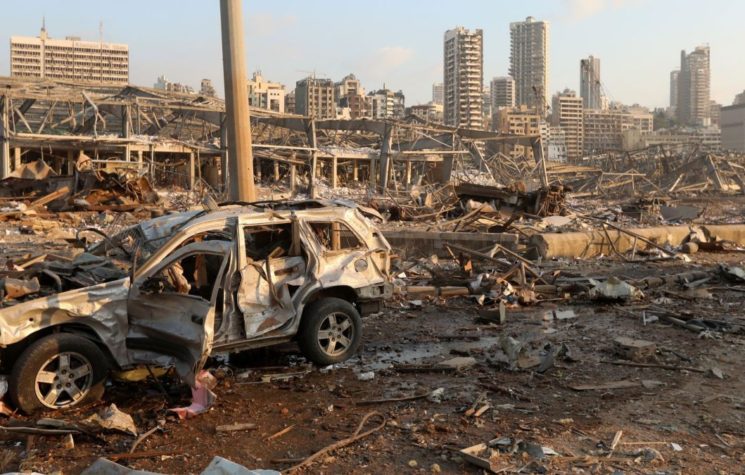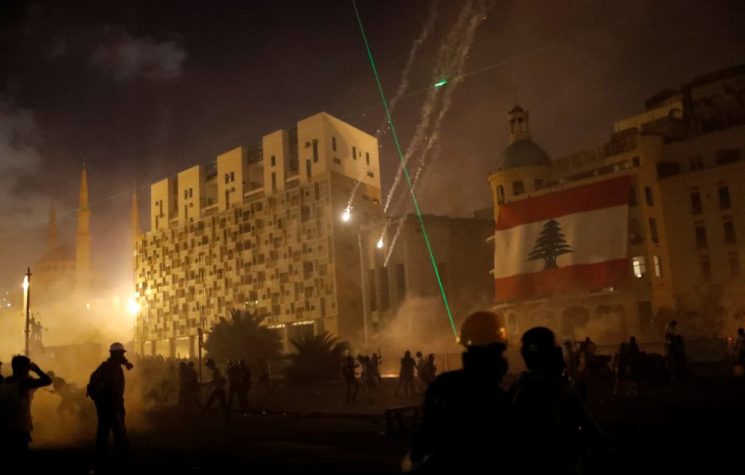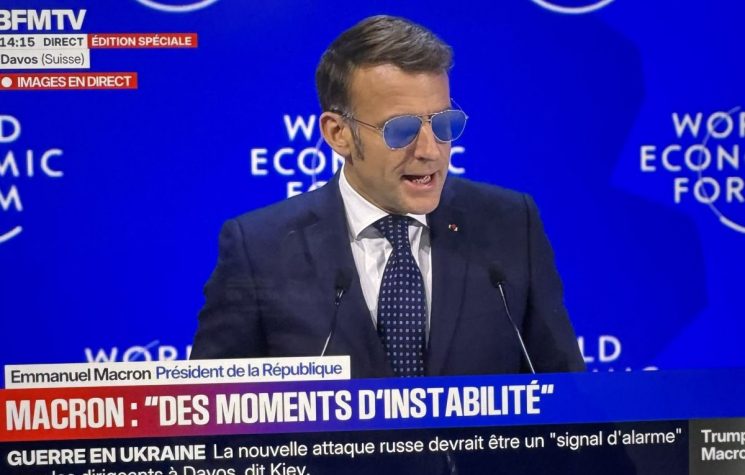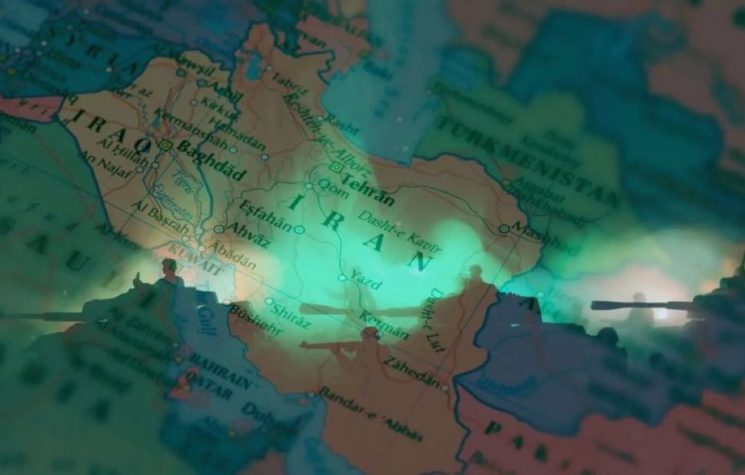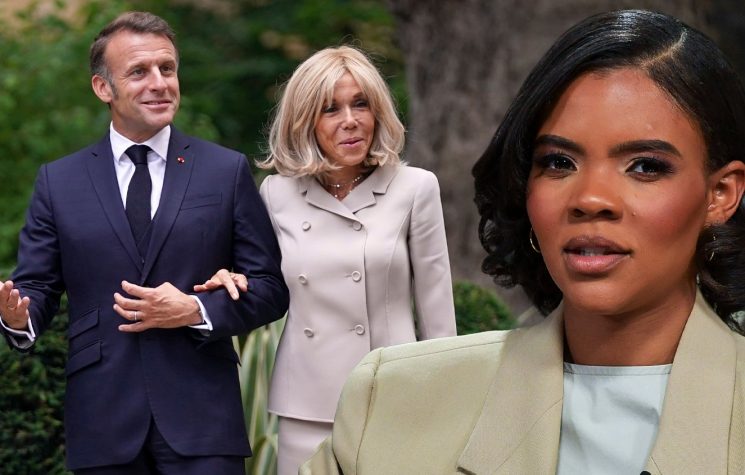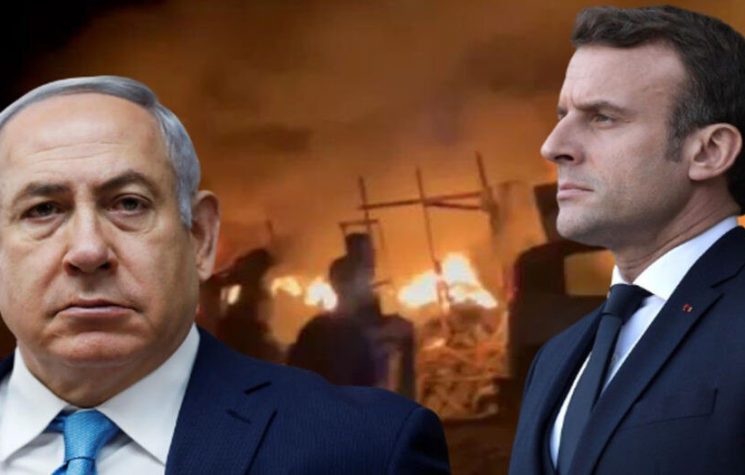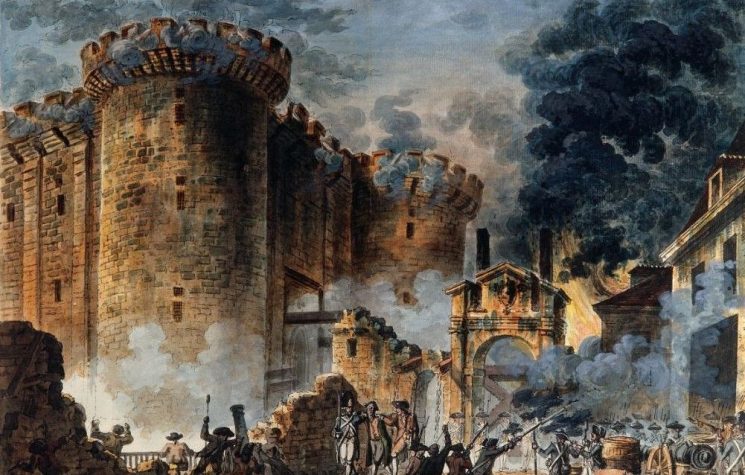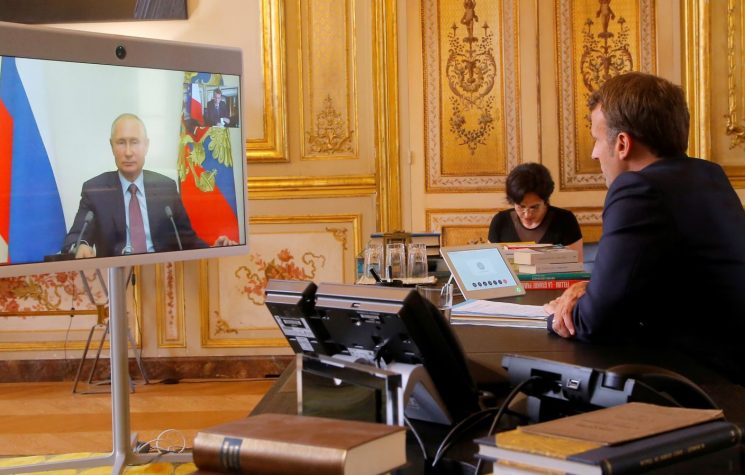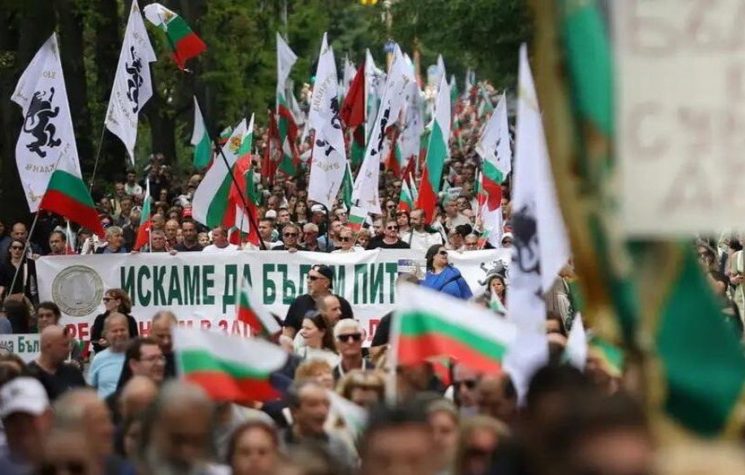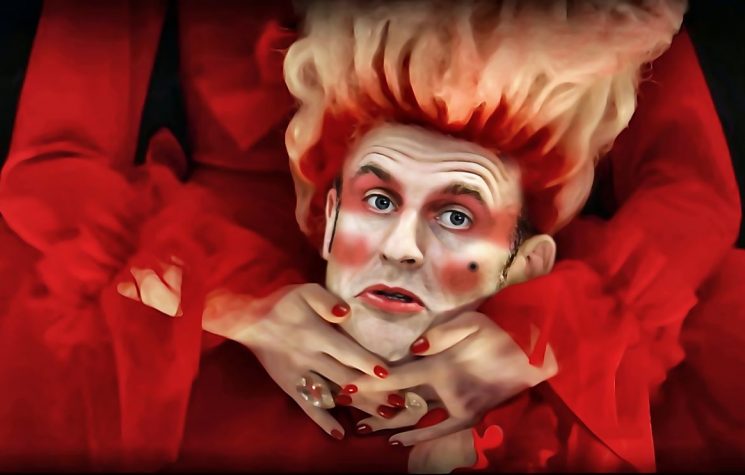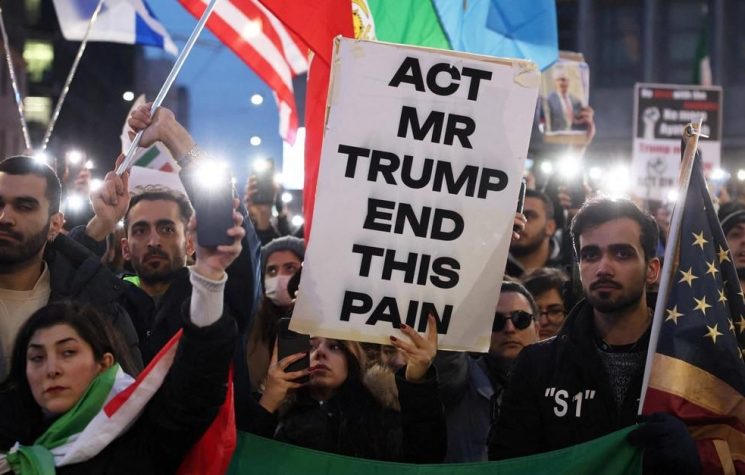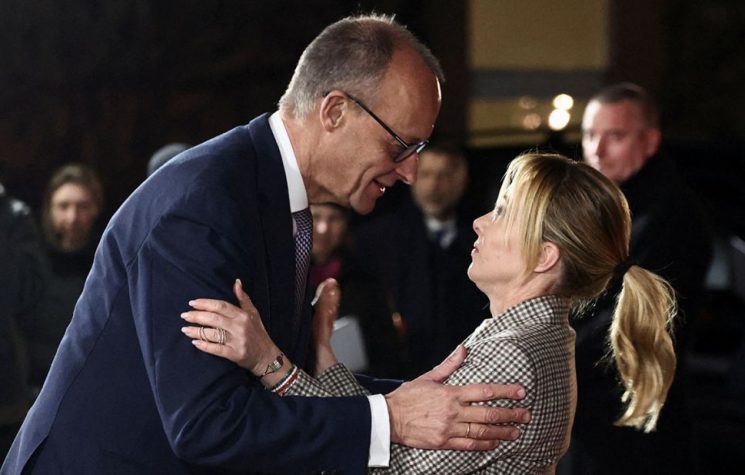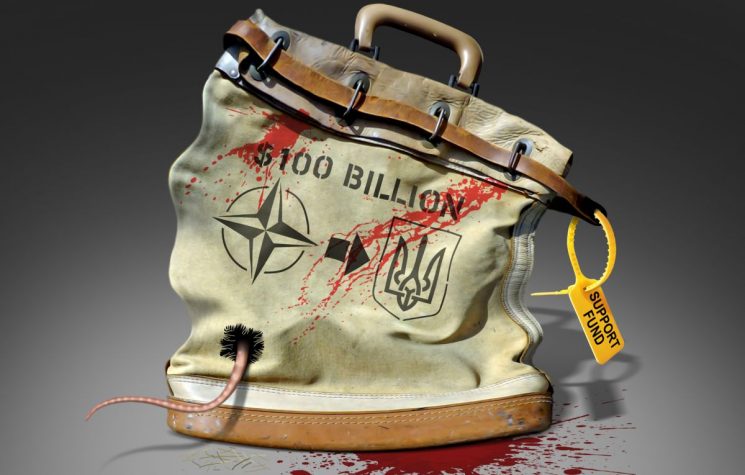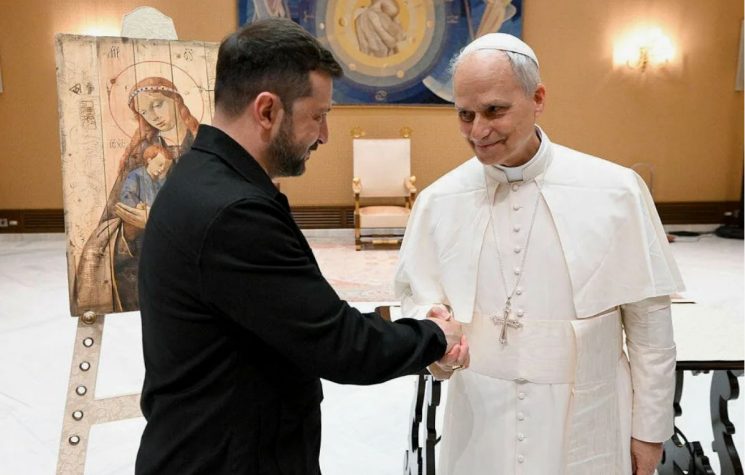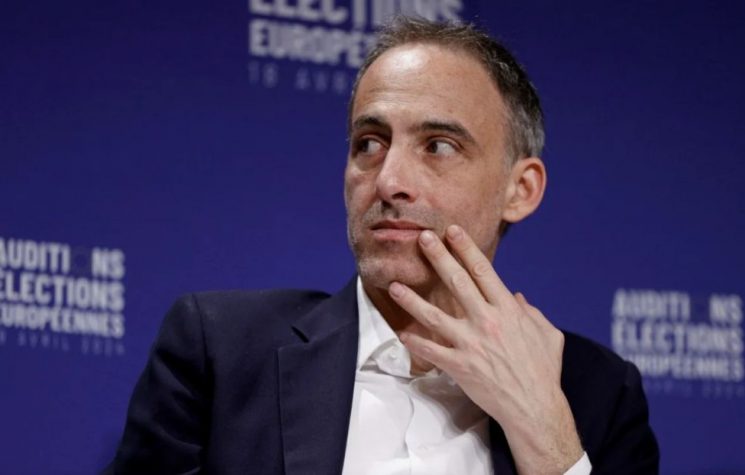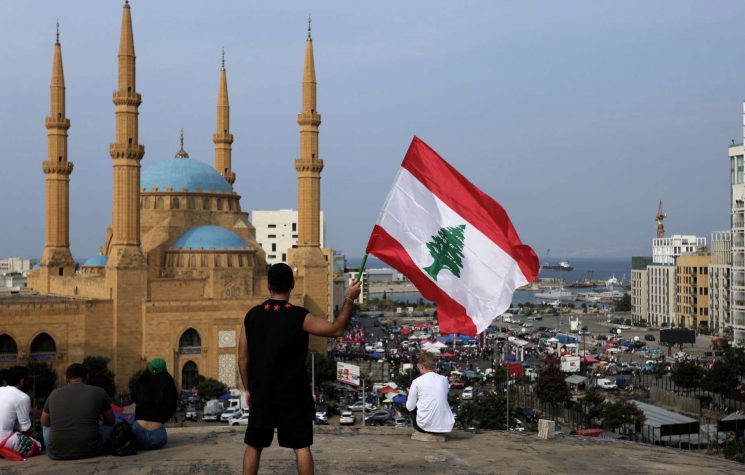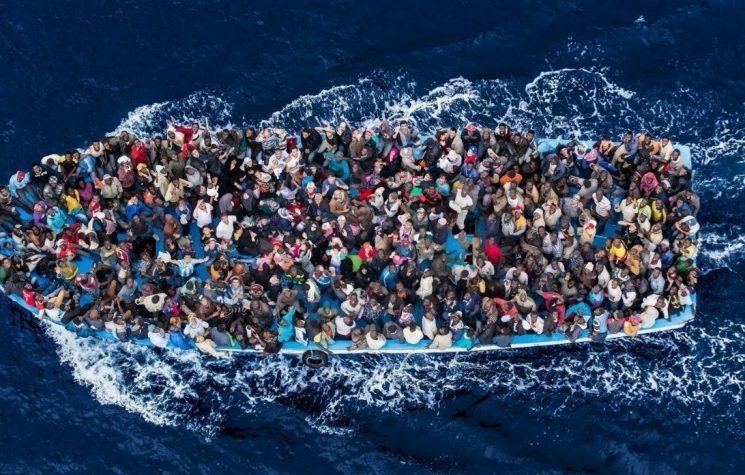Macron has said he will throw his weight behind a political initiative to help Lebanon rebuild itself after an entirely corrupt government pushed the country towards an abyss. But will he suggest resignations of present leaders as a good start? And will he use his influence in the EU to get Brussels engaged?
The dust has settled in Lebanon now, after what might be described as its largest explosion to date in the troubled country. But while hordes of so-called analysts pour over the scarce details of what we know as fact, many will speculate about whether the explosion was indeed an accident – and, of course, whether Israel had a hand in it.
But no matter. What everyone really should be focussing on at this juncture, following the visit of France’s Emmanuel Macron who promised, in words at least, to try and muster a new political model for Lebanon, is how the bomb itself has at least focused the minds of world leaders.
If a bomb like that can go off in Lebanon as an accident, then this poorly governed country could pull regional powers easily into a war in Lebanon. Just how badly run is Lebanon?
The answer is that it is not really run at all. The so-called peace brokers of 1990 and the Taif Agreement which ushered in peace, were not state builders but more state looters. Those same craven warlords who control Lebanon today through their armed militias, are not interested in building a state but more intent on making Lebanon as poor and as backward as possible. And President Michel Aoun, whose 4 years in office has been mired in monumental failure on all levels, is part of that generation and mindset of warlords.
The bomb which took 150 lives and wounded over 4000 was a product of 30-years corruption and embezzlement, which gathered momentum in recent years, whereby the offshoot of such outstanding malpractice is inevitable incompetence and wholesale ineptitude. Lebanon is literally a floating time bomb with no one at the helm. The business model of all the various leaders taking their cut out of the kitty doesn’t allow for a strong leader who wants to bring about development and if we are to accept that the explosion was an accident, then we all have to acknowledge that it is far too dangerous to continue with the present gangsters who run Lebanon being in control.
Macron is all about gestures. His move to quickly quieten a lady berating him in the crowd – to smother her with a hug – was pure genius and straight out of the Tony Blair book on “how to turn the cameras on you as the star when getting heckled on the street”. Brilliant. But we should hope that France, a former colonial power, will try and use it weight within the EU to bring about a political change in Lebanon as the Lebanese are now on their knees and anger is directed at the government and its president – who, in case there was any doubt about him being tone deaf and only obsessed with his political profile, obliged us all with threats of legal suits against a TV network which blamed him for the explosion within hours, followed by his orders for police to fire teargas at protestors. Incredible.
Aoun has to go. His own ineptitude and lack of dynamism has led to rather than the gangsters in charge pulling back from taking less out of the pot for themselves, actually taking more. Aoun is such the personification of the out-of-touch dictator that he actually floated the idea once of his hapless son in law “inheriting” the presidency once he stood down. Aoun oversaw the looting and bankrupting of Lebanon.
And now there’s nothing left now to loot as the Ponzi scheme in the central bank which made the elite even richer has collapsed, the currency is in freefall and most Lebanese are now going hungry. President Aoun allowed all of these problems, along with a garbage crisis and an environmental Armageddon to take over the country, all to happen on his watch. To not be with Macron when the French president did a walk about of a trendy suburb immediately next to the port spoke volumes. For sure, Macron didn’t want him in the picture and associates him with the old guard who have destroyed the country and looted all of its assets. Aoun is part of the problem, not part of the solution.
And so, if Macron’s hint of helping in political reform is serious, he should start by convincing Mr Aoun to stand down. Then, he should essentially go to regional leaders and ask them to breathe new life in the Taif Agreement 2.0 – a more relevant, modern version of governance for Lebanon to try and root out corruption so as to attract foreign investment and let the country flourish. Historically, we have seen European powers take this initiative in their own back yard for the sake of regional security. In 1830 Queen Victoria invited Russia, Prussia and France to a London conference to create the state of Belgium so as to stop it standing idol and inviting foreign powers to use it as a launch platform to attack Britain from its coast. What Lebanon needs is the same initiative. A ‘Lebanon conference’ which forces this tiny country to reform and paves the way for a new generation of non-corrupt MPs whose first priority in taking office, is deciding on how to spend the 150,000 USD cadeaux which is given to them as a welcoming present; (the money is officially intended for the MP to spend on his own town’s infrastructure, but in nearly all cases goes on buying a new Mercedes.)
The question really is whether Macron is serious to throw his weight behind such an initiative when he has a record of talking the talk with Libya, Yemen and Syria, but not walking the walk. In less that 24 hours the list of countries who contributed material, planes, medical aid, food and even professional helpers, is really quite impressive. Even Iraq sent a plane with aid. But I hate to think of what happened to the 1 million dollars of cash which was sent by the government of South Korea. How do you send that much money to a country which is literally breaking records of self-destruction due to corruption and embezzlement? If the explosion has taught us anything, it is that corruption – when out of control – is as dangerous, if not more dangerous, than regional powers’ lust to attack one another. Gebran Bassil, the son in law of the president and who many would call the very embodiment of graft in Lebanon told the BBC that it was not important that 2700 tonnes of ammonium nitrate was being stored at the port, but how it was ignited. Bassil had to resign his post recently under pressure from protestors who considered him the most corrupt minister in the entire government after too many cases of him having his hand in the till were revealed in Lebanese media – one of which involved him personally handling plastic bags full of almost 2m USD of Iranian money which he is believed to have taken for himself.








